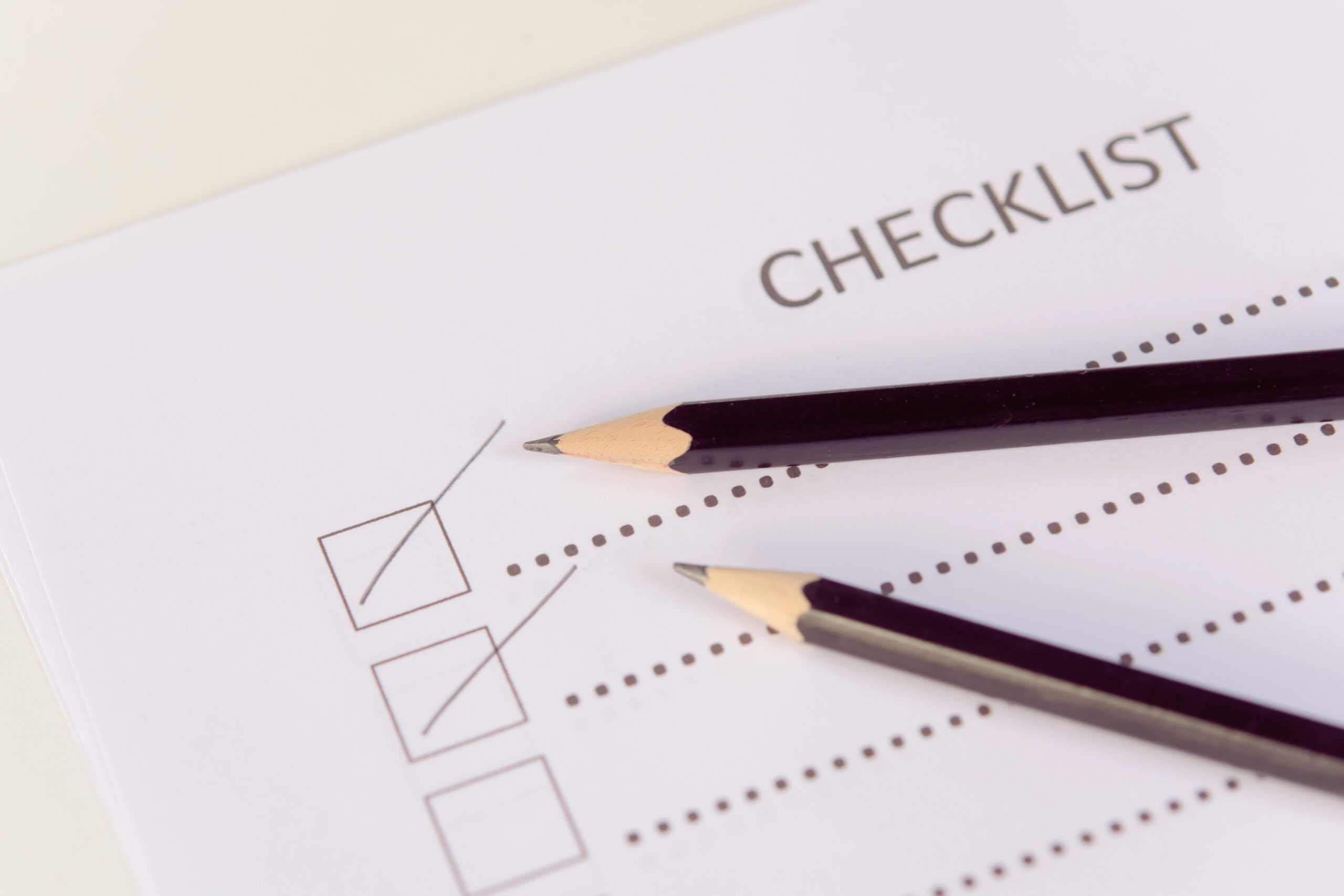Executor’s Checklist: How to Prepare for a Date of Death Appraisal in Northern Virginia
Serving as executor in Arlington, Alexandria, or Fairfax County comes with a lot of moving parts. A thorough Date of Death appraisal streamlines tax reporting, supports probate, and reduces the chance of disputes. Here’s how to prepare so your valuation is accurate, timely, and defensible.
1) Confirm jurisdiction and the effective date
In Virginia, probate is handled through the Circuit Court where the decedent resided. The appraisal’s effective date is usually the date of death—unless your advisors are evaluating the Alternate Valuation Date. The Virginia courts provide a clear overview of probate administration and venue. Virginia Court System
2) Gather core documents
Your appraiser will work faster (and more precisely) when you provide: the property address and legal description, deed/ownership details, insurance info, any seller disclosures, and the date of death. If you have dated photos or inspection reports from around that time, even better. These help establish condition as of the valuation date.
3) Document improvements and condition at death
List material renovations (with dates and receipts), repairs in progress, and known defects. If the home changed after death (renovation, damage, upgrades), your appraiser will account for that—because the report must reflect condition on the effective date, not today.
4) Coordinate access and context
Set up a site visit. If the home is occupied, coordinate with occupants in advance. Share context that matters to value: was it owner-occupied or tenant-occupied? Any HOA issues? Special features? Neighborhood quirks? The more clarity you provide, the stronger (and quicker) the appraisal.
5) Understand what a defensible report looks like
A credible DOD appraisal includes: a clearly stated retrospective effective date, comps that bracket that date, supported adjustments, and a narrative explaining market conditions then—not now. It’s prepared to USPAP standards by a Virginia-credentialed appraiser (regulated by Virginia’s Real Estate Appraiser Board/DPOR). The Appraisal Foundation
6) Know what not to rely on
Avoid substituting online estimates, county assessments, or a “value letter.” Virginia’s Tax Commissioner has ruled that a letter from an appraiser is not adequate proof of value in basis matters; full reports win the day. tax.virginia.gov
7) Keep copies for probate and accounting
Fairfax County’s probate materials and the Commissioner of Accounts guidance underscore that estates involve detailed filings and accounting. Retain appraisal PDFs and exhibits with your probate records in case the court, the Commissioner, or the IRS asks. Fairfax County Government
Practical bottom line: Your best protection as an executor is a timely, USPAP-compliant, retrospective appraisal prepared by a Virginia-licensed professional who understands Northern Virginia’s micro-markets and probate realities. Fairfax County Government

